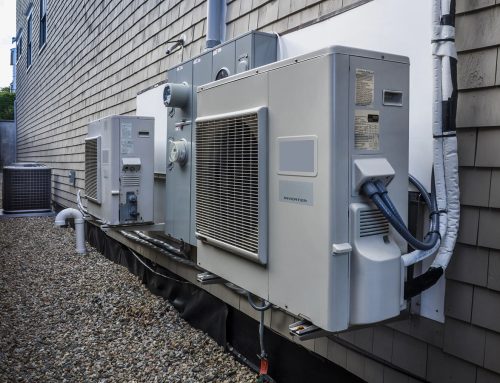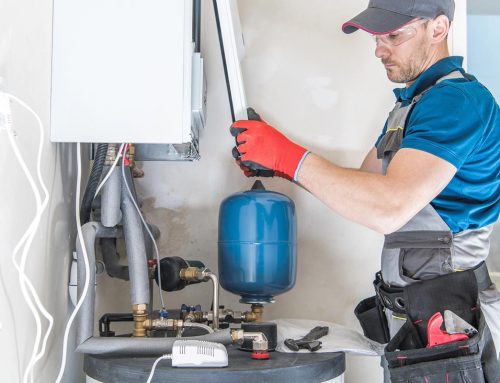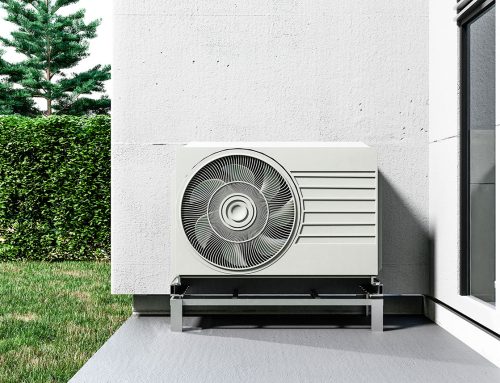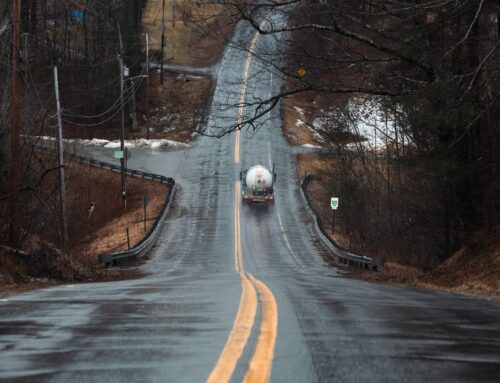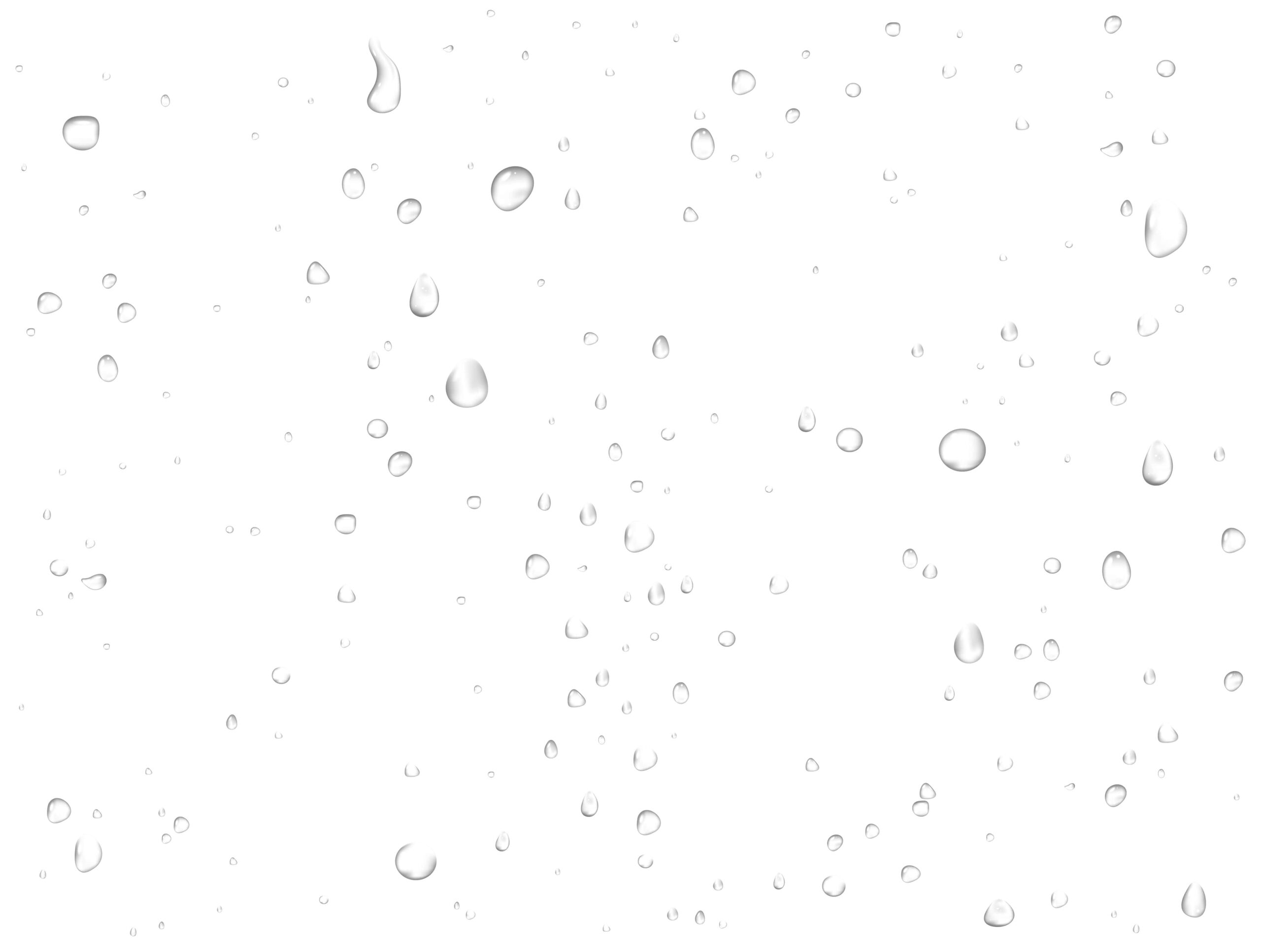
Regardless of the season or whether you are in heating or cooling mode, a heat pump produces a certain amount of condensation. During the winter, the outdoor unit will drip water under your heat pump as a normal part of the evaporation process.
A typical heat pump can produce several gallons of condensation every day, depending on the level of humidity in the air and usage. But what does this mean, exactly?
After the installation, we understand that you’ll have a lot of questions about your new heat pump. A common question from customers comes up when they see water under their outdoor unit. Understanding what condensation is, what causes it and how it impacts your heat pump will benefit the longevity and efficiency of your unit.
What Is Condensation?
Condensation is when water vapor (the invisible water in the air) turns into liquid water. This happens when the water vapor touches a cold surface. You can see this when small water droplets form on things like grass, leaves and windows, especially in the morning. This is called dew. Frost is another type of condensation, where the water vapor turns into solid ice.
How Do Heat Pumps Cause Condensation?
Heat pumps can make condensation in two ways:
- When a heat pump is heating your home by taking in heat from the outside air, the condensation usually forms on the outside of the unit and drips onto the ground.
- When a heat pump is cooling your home by taking out heat from the inside air, the condensation forms inside the unit and drips into a drain.
Is Condensation From Heat Pumps Normal?
It’s normal for heat pumps to make some condensation and leak a little water outside. This is just part of how they work. However, if the heat pump is leaking water inside your home, that’s a problem that needs to be fixed.
Some reasons a heat pump might leak inside:
- Blocked air ducts can cause temperature changes that lead to too much condensation.
- Dirty air filters can make the heat pump work harder and create more condensation.
- Leaking refrigerant can lead to the formation of ice and cause water leaks.
- Dirty evaporator coil can’t drain the condensation properly.
- Clogged drain line blocks the water from draining out properly.
- Disconnected drain line lets the water leak inside.
If you notice any unusual leaks or water around your heat pump, it’s best to call a professional to take a look and fix the problem. Leaving a leak unfixed can cause damage to your home.
Regular maintenance is also important to prevent leaks and other issues with your heat pump. This includes things like cleaning the air filters and checking the drain line.
For help with your heat pump, contact Valley Home Services in Hermon or Brunswick. Our qualified technicians can inspect your system, identify any problems, and make the necessary repairs.
We can also set you up with a service plan to keep your heat pump running smoothly.
Don’t wait for a leak to become a bigger problem. Call Valley Home Services today at (207) 945-9008 to request an in-home consultation.

